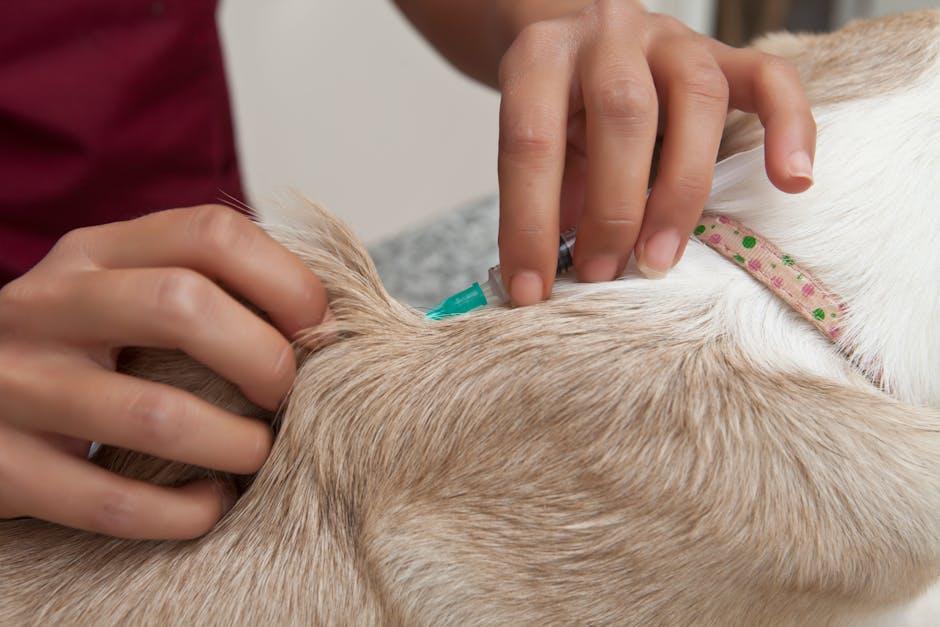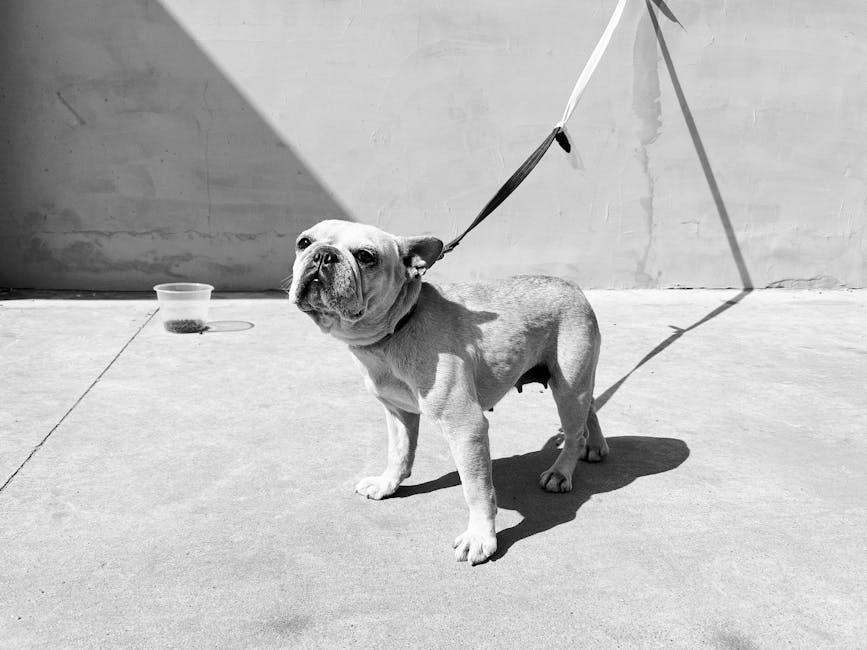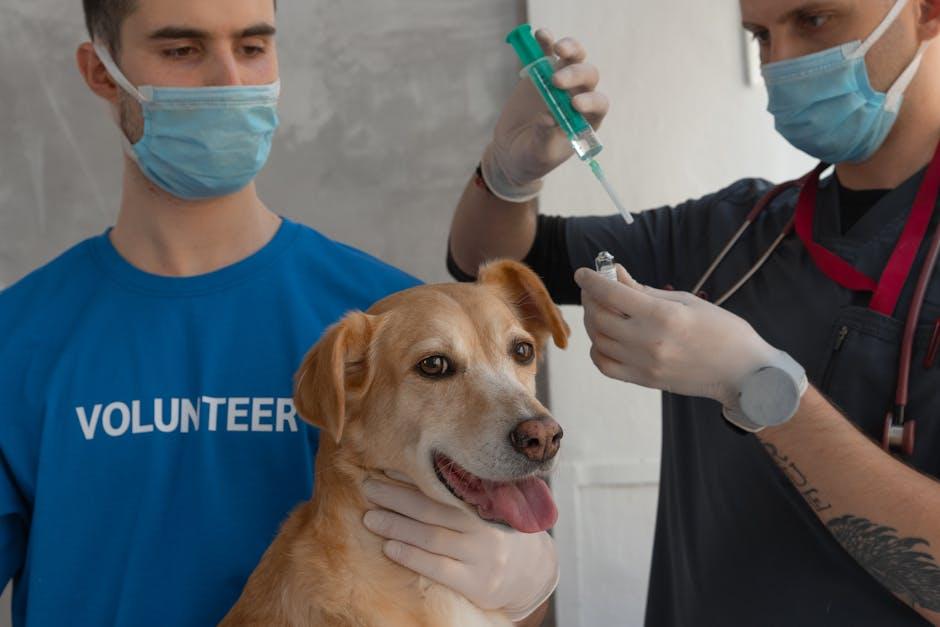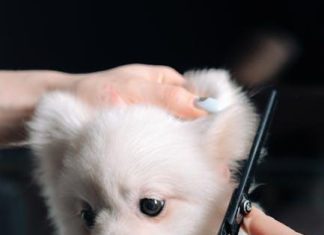Welcoming a puppy into your home is a joyous occasion, filled with playful antics, wagging tails, and the start of a lifelong bond. As a devoted pet parent, you naturally want to ensure your furry friend’s well-being, and one of the most effective ways to do this is through preventative care. By focusing on proactive health measures, you can help your puppy grow into a robust and happy adult dog, minimizing the risk of illness and ensuring they live a full, vibrant life. In this guide, we’ll explore essential preventative care practices that will lay the foundation for your puppy’s long-term health, from vaccinations and nutrition to exercise and regular veterinary check-ups. Let’s embark on this journey together, fostering a healthy future for your beloved companion.
Understanding Your Puppys Nutritional Needs
Ensuring your puppy receives a balanced diet is pivotal to their growth and overall well-being. Puppies have specific nutritional requirements that differ significantly from adult dogs. Protein is essential for building strong muscles and tissues, while calcium and phosphorus are crucial for healthy bone development. Look for high-quality puppy food that meets the standards set by the Association of American Feed Control Officials (AAFCO) to ensure your little one is getting the right nutrients.
In addition to selecting the right food, consider these important aspects:
- Portion Control: Overfeeding can lead to obesity, which is a common issue in young dogs. Follow the feeding guidelines on the food package, but adjust based on your puppy’s activity level and body condition.
- Meal Frequency: Puppies typically need to eat more frequently than adult dogs. Aim for three to four meals a day until they reach six months old, then gradually reduce to two meals a day.
- Hydration: Always provide fresh, clean water. Puppies are active and need plenty of hydration to support their energetic lifestyle.
- Treats: While it’s tempting to spoil your new friend, treats should not exceed 10% of their daily caloric intake. Opt for healthy, low-calorie options to keep them in optimal shape.
By understanding and meeting your puppy’s nutritional needs, you’re laying a strong foundation for a long, healthy life. Always consult your veterinarian if you’re unsure about the best diet plan for your furry companion.

Creating a Vaccination Schedule for Optimal Health
When welcoming a new puppy into your home, establishing a vaccination schedule is a crucial step in ensuring their lifelong health and well-being. Vaccinations not only protect your furry friend from common diseases but also contribute to the overall safety of the community. Start by consulting your veterinarian to create a personalized plan that aligns with your puppy’s age, breed, and lifestyle. Typically, puppies receive their first vaccines between 6-8 weeks of age, with booster shots following every few weeks until they are about 16 weeks old. Key vaccinations include:
- Distemper
- Parvovirus
- Adenovirus (Hepatitis)
- Rabies
In addition to these core vaccines, your vet may recommend others based on your puppy’s specific needs and environmental factors. Remember, maintaining a regular vaccination schedule not only guards against diseases but also enhances your puppy’s immune system, ensuring a happy and healthy life.

Implementing Regular Exercise and Mental Stimulation
Ensuring your puppy remains healthy involves a balanced blend of physical activity and mental engagement. Regular exercise is essential for their physical development, promoting strong muscles, a healthy weight, and a robust cardiovascular system. A daily routine of walks, playtime in the yard, or even structured puppy classes can offer the perfect outlet for their boundless energy. Remember to adjust the intensity and duration based on their breed, age, and health status. Consistency is key, so establish a schedule that you and your puppy can stick to.
Beyond physical exercise, mental stimulation is equally crucial for your puppy’s development. Puppies are naturally curious and eager to learn, so engaging their minds can prevent boredom and reduce the likelihood of behavioral issues. Incorporate activities such as:
- Puzzle toys: These can challenge your puppy’s problem-solving skills and keep them entertained for hours.
- Training sessions: Short, fun training sessions not only stimulate their minds but also strengthen your bond.
- Interactive play: Games like hide and seek or fetch can be both physically and mentally engaging.
By integrating both physical exercise and mental stimulation into your puppy’s daily routine, you’re laying the groundwork for a happy, healthy, and well-adjusted dog.

Recognizing and Addressing Early Signs of Health Issues
Ensuring your puppy’s health requires a keen eye and an attentive approach to catch any early signs of potential health issues. Observing changes in behavior, eating habits, or physical appearance can be crucial. Look for subtle cues like excessive scratching, limping, or unusual lethargy. These may indicate underlying conditions that need prompt attention. Always pay attention to your puppy’s eyes, ears, and coat. Clear, bright eyes, clean ears, and a shiny coat are indicators of good health. If you notice any discharge, foul odor, or dullness, it’s time to consult your veterinarian.
- Monitor your puppy’s appetite and water intake. Changes can signal digestive or metabolic issues.
- Watch for coughing, sneezing, or difficulty breathing, which could indicate respiratory concerns.
- Regularly check for any lumps, bumps, or swelling on their body.
- Stay alert to changes in their bathroom habits, such as diarrhea or constipation.
Proactive veterinary visits are vital, even when your puppy seems perfectly healthy. These check-ups allow for vaccinations, dental care, and the early detection of any issues. Building a strong relationship with your vet ensures that you have a trusted partner in maintaining your puppy’s health and well-being. By combining vigilant observation at home with professional care, you create a solid foundation for a long, healthy life for your furry friend.
















